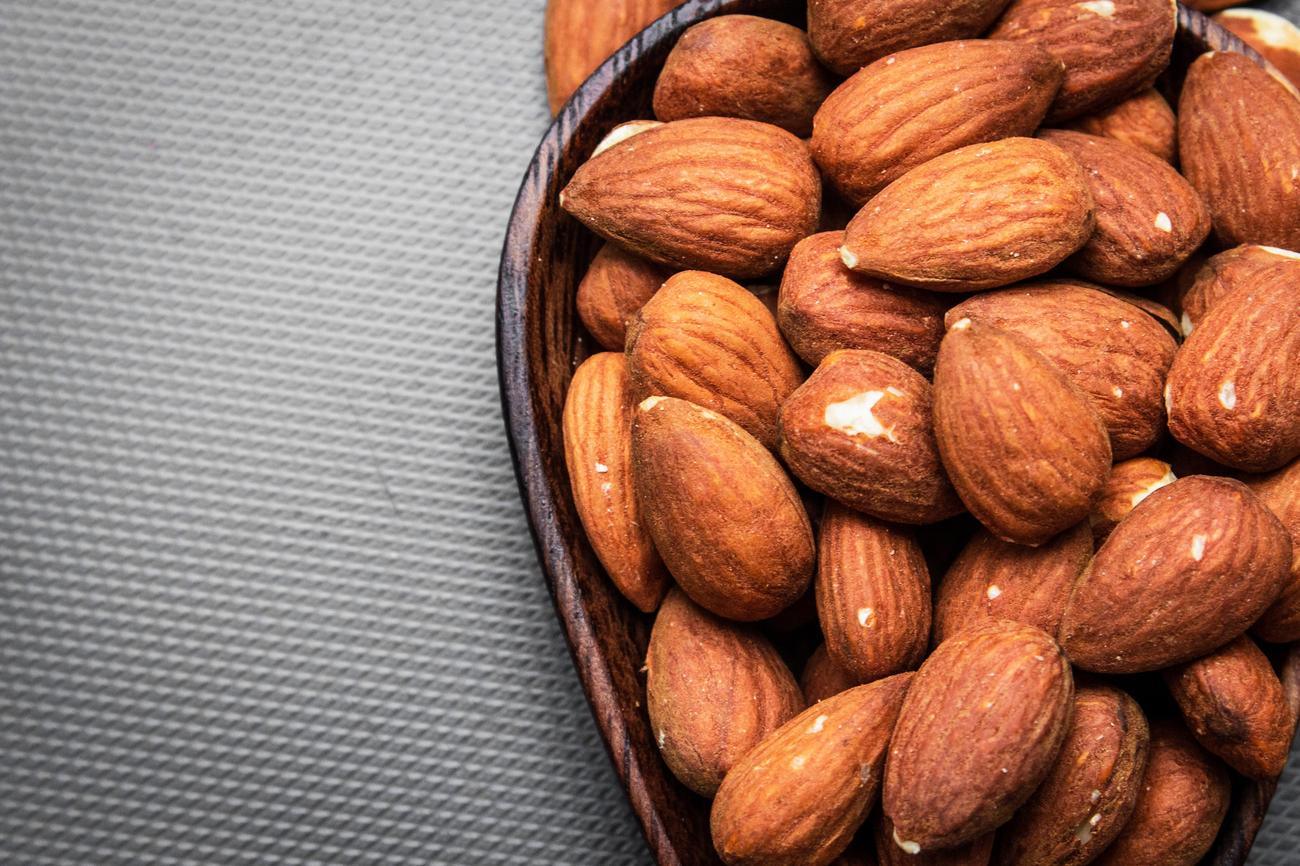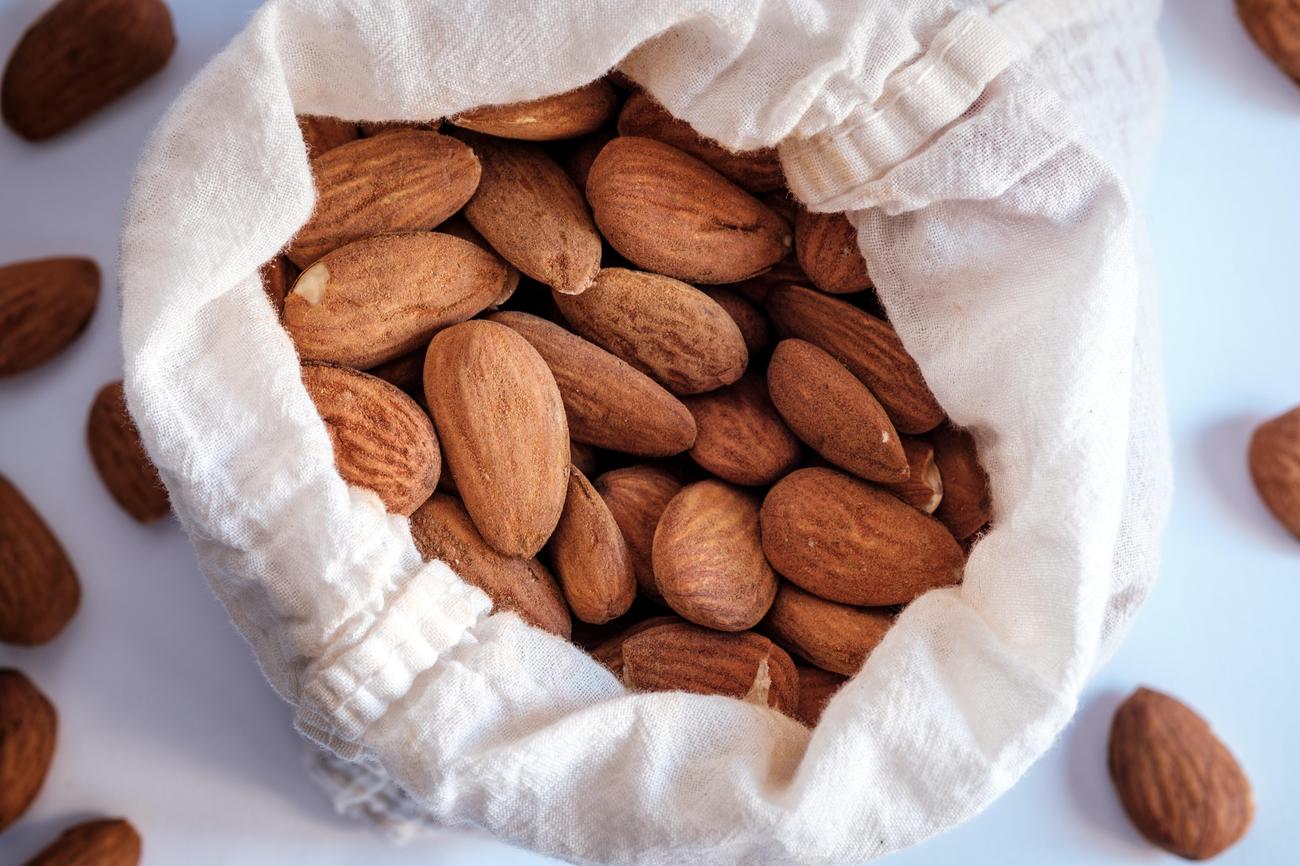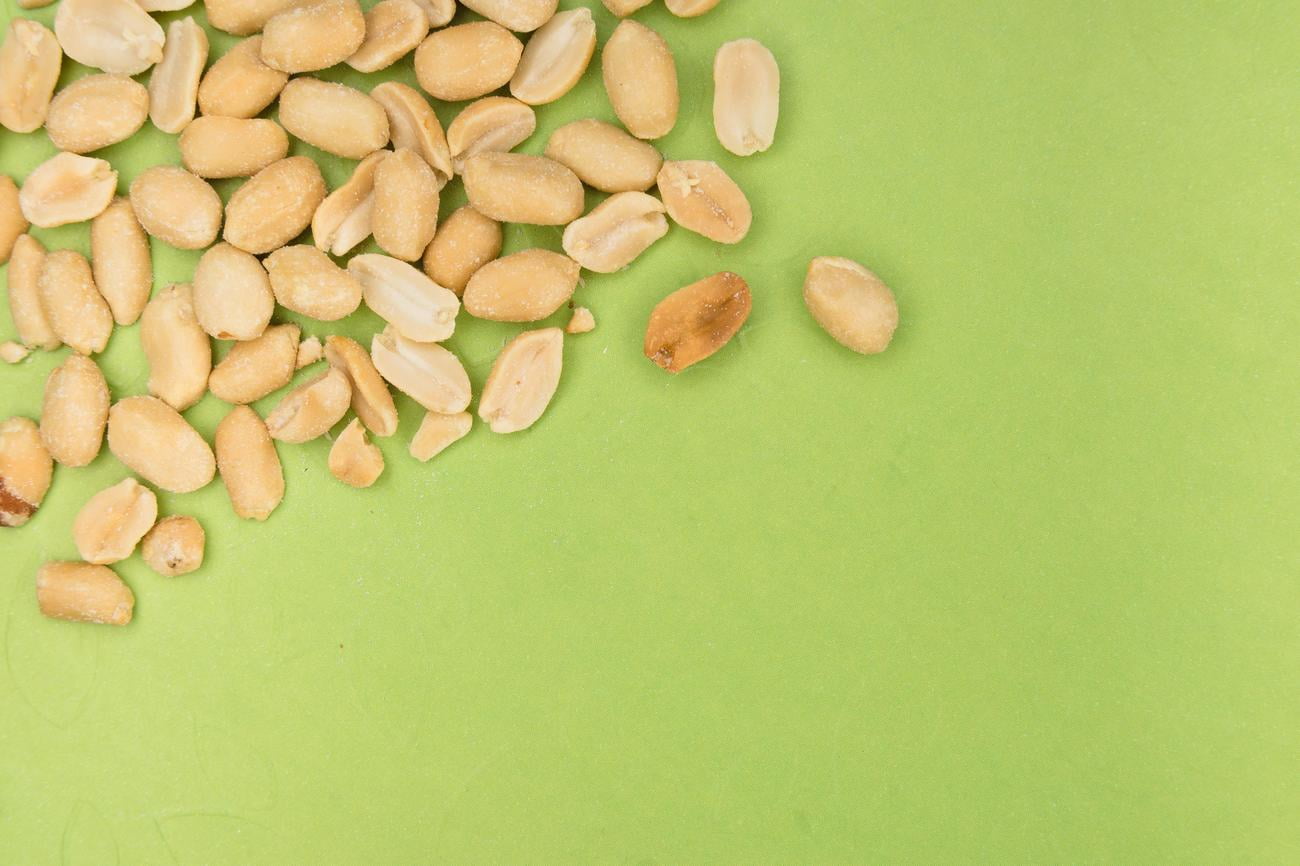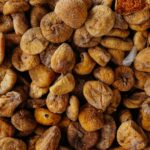Discover the Protein Power: Which Nuts Have the Most Protein?

As a seasoned nutritionist with a passion for promoting healthy eating habits and sustainable diets, I am here to uncover the protein power hidden within nuts. In this article, we will delve into the world of nuts and explore which specific varieties offer the highest protein content. By providing you with scientific evidence and practical knowledge, we aim to educate and guide you towards making informed dietary choices. Incorporating protein-packed nuts into your diet can not only contribute to your overall well-being but also help you meet your personal dietary goals. So, let’s dive in and discover the power of nuts as a rich source of protein.
Which Nuts Have the Most Protein?
When it comes to protein-packed snacks, nuts are a delicious and nutritious choice. These compact powerhouses are not only rich in protein but also provide a variety of essential nutrients. If you’re looking to boost your protein intake, let’s explore which nuts have the most protein so you can make informed dietary choices.
Peanuts: The Protein Powerhouse
Did you know that peanuts are not actually nuts, but legumes? Despite this botanical classification, peanuts are commonly grouped with nuts due to their similar nutritional profile. When it comes to protein content, peanuts reign supreme, boasting an impressive 26 grams of protein per 100-gram serving. That’s more protein than any other common nut!
Quote: “For a protein-packed snack, reach for peanuts – the undisputed champion in the world of nuts!”
Almonds and Pistachios: Protein-Rich Choices
While peanuts take the crown for the most protein, almonds and pistachios are not far behind. Almonds provide just over 20 grams of protein per serving, making them a fantastic protein source. Additionally, almonds offer an array of other benefits such as fiber, calcium, vitamin E, and niacin, making them a nutritional powerhouse.
Pistachios also clock in at just over 20 grams of protein per serving. These delightful green nuts not only pack a protein punch but also contain heart-healthy fats and antioxidants.
Quote: “Don’t underestimate the power of almonds and pistachios—they may not claim the top spot, but they are still excellent sources of protein!”
Cashews, Walnuts, Hazelnuts, and More
Cashews and walnuts have about 15 grams of protein per serving, making them solid choices for protein enthusiasts. While not as protein-dense as the previous contenders, they still contribute significantly to your daily protein intake.
Hazelnuts, often associated with decadent chocolate spreads, are not far behind with a protein percentage of 10%. Incorporating hazelnuts into your diet can satisfy your taste buds while boosting your protein intake.
Other nuts like Brazil nuts and pine nuts have slightly lower protein percentages, at 9% and 8% respectively. While these may not be the top contenders in terms of protein content, they offer other nutritional benefits and can still be enjoyed as part of a healthy diet.
Additionally, several seeds such as hemp seeds, pumpkin seeds, sunflower seeds, flax seeds, sesame seeds, and chia seeds are also rich in protein and can be included in your diet to increase your protein intake.
Quote: “From cashews to hazelnuts, each nut offers a unique blend of nutrients, including protein, to support your overall well-being.”
The Quantity Quandary
While nuts are undeniably nutritious and protein-packed, it’s important to keep portion sizes in mind. Nuts are energy-dense, meaning they contain a lot of calories in a small serving. To manage your protein consumption effectively, it’s best to enjoy nuts in small portion sizes. By doing so, you can reap the benefits of their protein content without exceeding your daily calorie goals.
Quote: “Remember, when it comes to nuts, quality trumps quantity. Savor the protein power while embracing portion control for a well-rounded diet.”
In conclusion, nuts offer a satisfying and nutritious way to boost your protein intake. Peanuts take the lead, followed closely by almonds and pistachios. Other nuts like cashews, walnuts, hazelnuts, Brazil nuts, and pine nuts also contribute to your protein needs. By incorporating these protein-packed nuts into your diet, you can enjoy their delicious flavors while nourishing your body with essential nutrients.
So, are you ready to harness the protein power of nuts and take your snacking game to the next level?
Quote: “Decipher the protein potential of nuts, and unlock a world of delicious and nutritious possibilities!”
Nuts are not only delicious, but they also boast a wide array of health benefits. From almonds to walnuts, these tiny powerhouses are packed with essential nutrients like protein, fiber, and healthy fats. If you’re curious to learn more about the fascinating facts about nuts, click here to explore our comprehensive guide. With just a simple click, you’ll uncover fascinating information about the various types of nuts, their nutritional value, and even some interesting trivia that will leave you wanting more. So go ahead, satisfy your curiosity and dive into the world of nuts by clicking on this informative link: facts about nuts.
versa, it’s not uncommon for people with peanut allergies to also have allergies to certain tree nuts. Peanuts are also susceptible to aflatoxins, which are toxic substances produced by certain fungi that can contaminate the nuts. These toxins have been linked to liver cancer and other health issues. It’s important to note that peanuts are not technically nuts but rather legumes. Overall, peanuts are a nutritious choice for many, but they do come with some potential risks.
[youtube v=”K8HuhaKObZs”]
Pistachios are a mid-calorie nut with a good amount of protein and healthy fats. They have a solid micronutrient profile as well. Pistachios are the best source of vitamin B6 on this list, which is important for brain development and function. They’re also among the best sources of copper, manganese, and phosphorus. Pistachios are rich in antioxidants, including lutein and zeaxanthin, which are beneficial for eye health. They’re also a good source of fiber, which aids in digestion. Pistachios have been shown to support heart health by reducing LDL cholesterol levels and inflammation. However, they do contain phytic acid and oxalates, which can impair mineral absorption and may cause issues for individuals with tree nut allergies. Despite that, pistachios are a nutritious choice and will be placed in the A-tier.
Walnuts are a highly nutritious nut with a good balance of macronutrients. They’re high in healthy fats, mainly polyunsaturated fats, which are beneficial for heart health. Walnuts are the best source of alpha-linolenic acid (ALA), an essential omega-3 fatty acid that is important for brain health and reducing inflammation. They’re also a good source of copper, manganese, and B vitamins. Walnuts have one of the highest antioxidant levels among nuts, including ellagitannins and flavonoids, which have anti-inflammatory and anti-cancer properties. Additionally, walnuts have been shown to improve heart health, brain function, and reduce the risk of certain chronic diseases. Similar to other nuts, walnuts may cause issues for individuals with tree nut allergies. Considering their impressive nutritional profile, walnuts deserve a place in the A-tier.
In conclusion, nuts are an incredibly nutritious food group that offers a wide range of health benefits. From almonds to walnuts, each nut variety has its own unique nutritional profile. They’re high in healthy fats, protein, fiber, and essential micronutrients like vitamins and minerals. However, it’s important to consume nuts in moderation due to their high caloric content. The variety of nuts discussed in this article, acorns, almonds, Brazil nuts, cashews, chestnuts, hazelnuts, macadamia nuts, peanuts, pistachios, and walnuts, all offer distinct health benefits and are a great addition to a balanced diet. Remember to be cautious if you have any nut allergies or sensitivities, and consult with a healthcare professional for personalized dietary advice. Incorporating a variety of nuts into your diet can be a delicious and nutritious way to support your overall health.

FAQ
Question 1
Which nuts have the highest amount of protein?
Answer 1
Among common nuts, peanuts have the highest amount of protein, with 26 grams of protein per 100 gram serving. Almonds and pistachios have just over 20 grams of protein per serving, while cashews and walnuts have about 15 grams of protein per serving. Hazelnuts have a protein percentage of 10%, Brazil nuts have a protein percentage of 9%, and pine nuts have a protein percentage of 8%. Other high protein nuts and seeds include hemp seeds, pumpkin seeds, sunflower seeds, flax seeds, sesame seeds, and chia seeds.
Question 2
Which nuts are considered high-protein nuts?
Answer 2
Peanuts, almonds, pistachios, cashews, and hazelnuts are all considered high-protein nuts. These nuts provide a significant amount of protein per serving, making them a great addition to a protein-rich diet.
Question 3
How much protein do almonds provide?
Answer 3
Almonds offer the most protein among tree nuts. They provide 5.9 grams of protein per 1-ounce serving.
Question 4
How much protein do pumpkin seeds provide?
Answer 4
Pumpkin seeds are also a good source of protein. They provide 5.2 grams of protein per 1-ounce serving.
Question 5
Are nuts a good source of plant-based protein?
Answer 5
Yes, nuts can be a good source of plant-based protein, especially for those who eat few or no animal products. Incorporating protein-packed nuts into one’s diet can help meet personal dietary goals and promote overall well-being.
“`json
“`
- Unlock Filipino Culture: A Deep Dive into Traditions and Practices - April 23, 2025
- Unlock Spanish Culture: Insights & Opportunities Now - April 23, 2025
- White Spirit Uses & Substitutes: A Deep Dive for Pros & DIYers - April 23, 2025
















